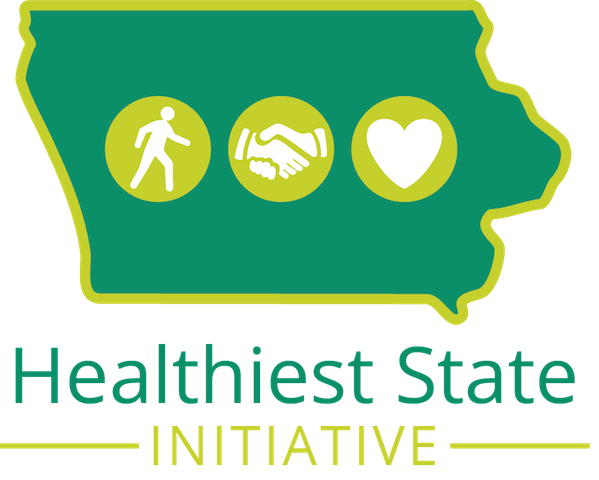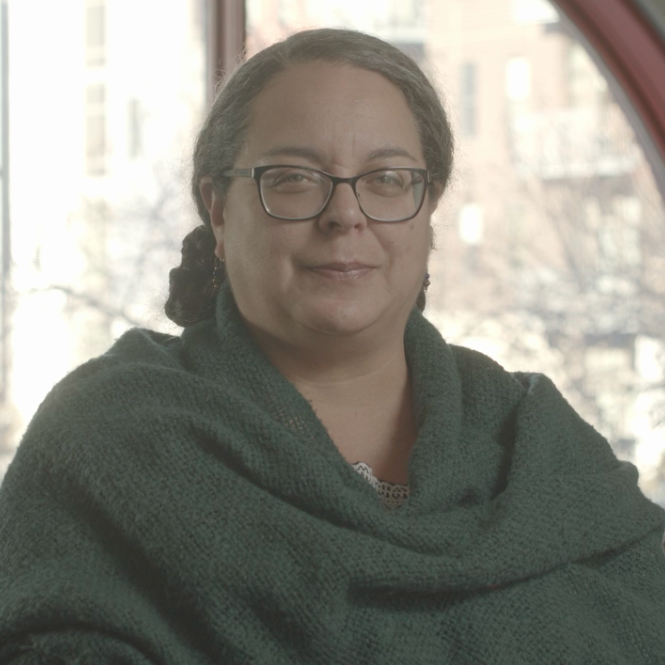Dawn’s Story
Content warning: This story covers topics including suicide.
Dawn Martinez Oropeza’s father was a stutterer. He struggled with English. But instead of assigning him to English-as-a-second-language programs, his American school assigned him to special education classes, which stripped him of some of his cultural identity and dignity.
Years later, Martinez Oropeza turned her father’s experience into her own passion, becoming the executive director of Al Exito — a statewide organization that empowers Latinx youth — in 2013. She’s a staunch advocate and teaches Latinx youth to celebrate their culture, not downplay it.
Because of her father’s experience, Martinez Oropeza works hard to understand struggles for Latinx youth through constant conversations. In the summer of 2017, a discussion with students led to one word circled on a white board: mental health.
Mental illness had touched Martinez Oropeza in the past. Some family members have dealt with it, and in the past two years alone, she said seven students in Al Exito attempted suicide. But she didn’t realize just how crucial it was.
“I knew something really needed to be done because kids had always said they were stressed,” Martinez Oropeza said. “But I didn’t know how serious it was.”
Martinez Oropeza wanted to find solutions, and she started with research. Martinez Oropeza secured the Health Connection Fellowship through the Mid-Iowa Health Foundation in 2018, which led to a study focusing on the source of Latinx mental illness.
From the results, Martinez Oropeza created the Latinx Mental Health Youth Taskforce, a student-run group that works with the school system to enact policies and give tools catering to Latinx students struggling with a mental illness.
Martinez Oropeza has also become one of the biggest advocates for better mental health services among Latinx youth. Al Exito implemented stress-reducing exercises into its programs, and students have taken the lead in working with the school system to enact better policies for student well-being. Martinez Oropeza has partnered with many leaders throughout the community, which led to a statewide Latinx Mental Health Facebook group via the Iowa Office of Latino Affairs.
“It’s tough to see students struggle,” Martinez Oropeza said. “But I think the hardest thing is that there aren’t any services out there. Some of the kids who have gone through this only have the option to video chat with a therapist. To me, that’s ridiculous. That’s not going to give them the help they need. That’s not the human interaction they need to get better.”
One of Martinez Oropeza’s next challenges is removing barriers for Latinx youth in need of help. She said there are only a few dozen bicultural therapists in the state of Iowa. That can cause issues for youth, who find themselves having to tediously explain their cultures and traditions to the therapist.
“That’s frustrating to me. If you have to explain your background, your family, that’s a waste of your money and your time,” Martinez Oropeza said. “It’s shocking to me that people only think of the dominant culture. There’s a huge need not being met.”
Martinez Oropeza’s message is getting through. Others in the mental illness fellowship program have incorporated cultural humility and inclusion into their practices. And Please Pass the Love, an Iowa organization focused on mental health at a school level, has taken steps to address inclusion as well.



